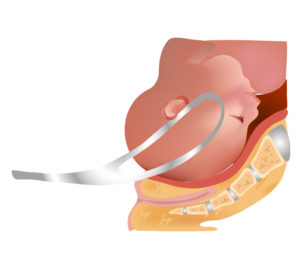Injuries resulting from a forceps birth

Giving birth is a common but not universal experience. While millions of women all around the world give birth every year, different health considerations often call for different types of child delivery. Among the most common methods is forceps delivery. This method has a wide array of complications that could occur.
Forceps Delivery
Forceps delivery is often used for a variety of reasons. If the mother has heart disease, high blood pressure, or any ailment that could make pushing dangerous, forceps birth is taken into consideration as an alternative to traditional birth. Forceps birth is also executed in lieu of getting a C-section which would leave deep scarring. Before forceps delivery can be carried out, a doctor must take into account various key factors. Some factors include:
- A fully dilated cervix
- Mother should be properly sedated
- Mother must have an empty bladder
- The doctor must have experience in forceps delivery
And many more. When a doctor or physician misses any of these key factors, both the mother and the child can suffer a devastating injury. Common forceps injuries and complications during birth are:
- Nerve damage
- Fractured skulls
- Cervical cord injury
- Brain damage
- Paralysis
- Brain hemorrhaging
- Erb’s palsy
- Deformation
- Death
The effects that these complications can have both on the mother and child can be permanently life-altering. In many cases, even if the child lives, they may contend with a disability that could have and should have been easily avoided. Beyond the physical trauma, living with these conditions can often require extensive therapy, medication, and an array of medical devices. All this together can create a difficult financial situation.
Nobody should have to suffer as a result of a medical professional’s incompetence. If you or a loved one has undergone a forceps delivery that resulted in injury to the mother, child, or both, contact an experienced personal injury lawyer who can help. Call Team Law today at 732-388-5454 to schedule your initial case evaluation or fill out our convenient online contact form.
The articles on this blog are for informative purposes only and are no substitute for legal advice or an attorney/client relationship. If you are seeking legal advice, please contact our law firm directly.
 CALL NOW
CALL NOW






